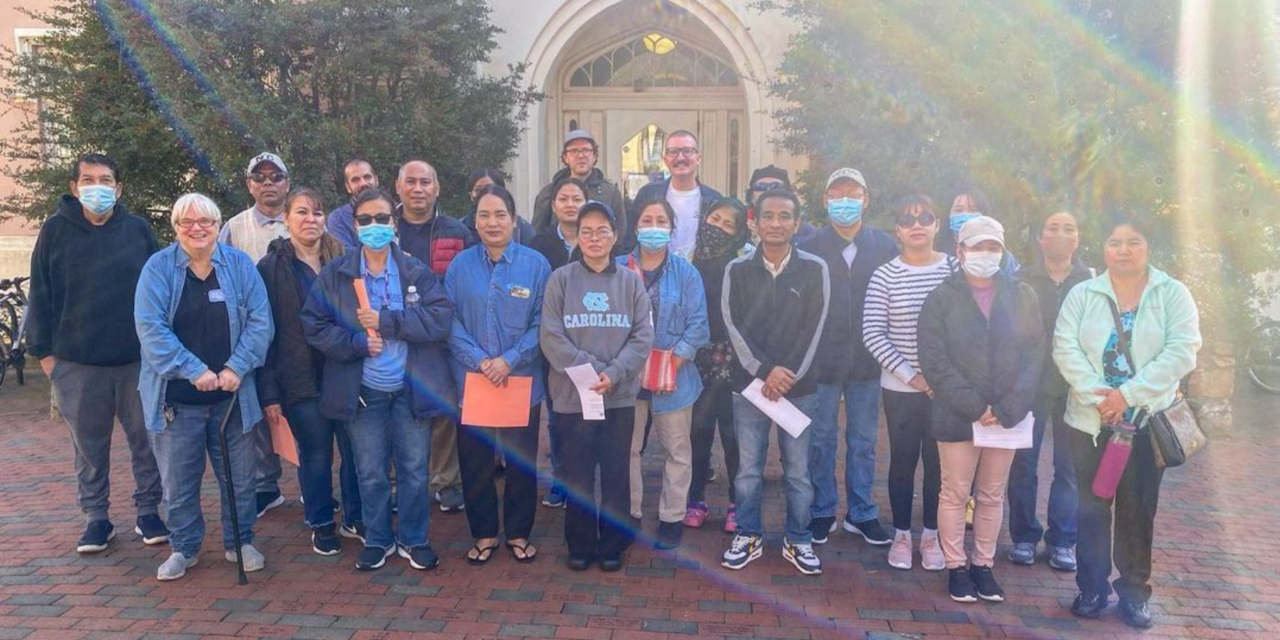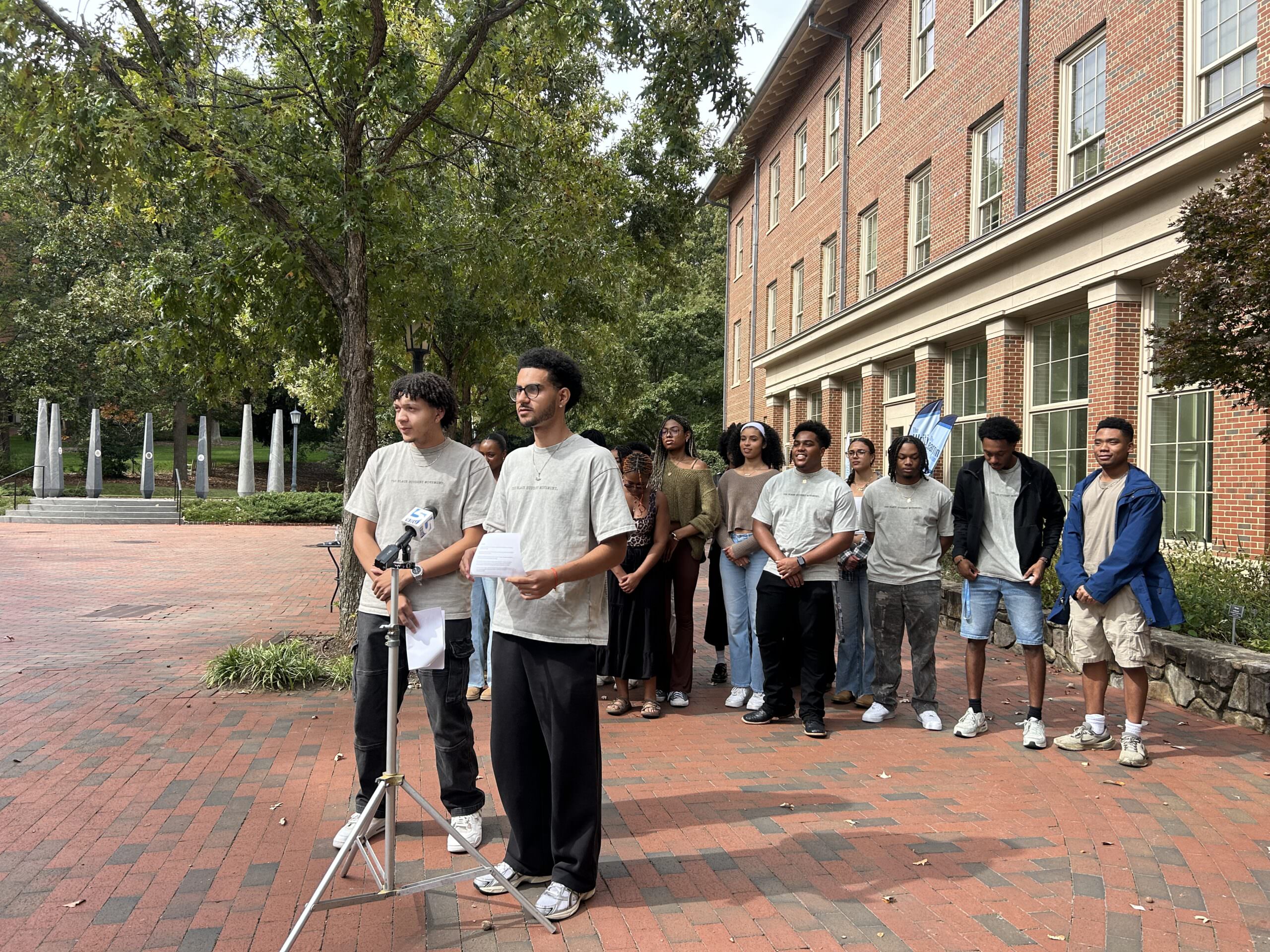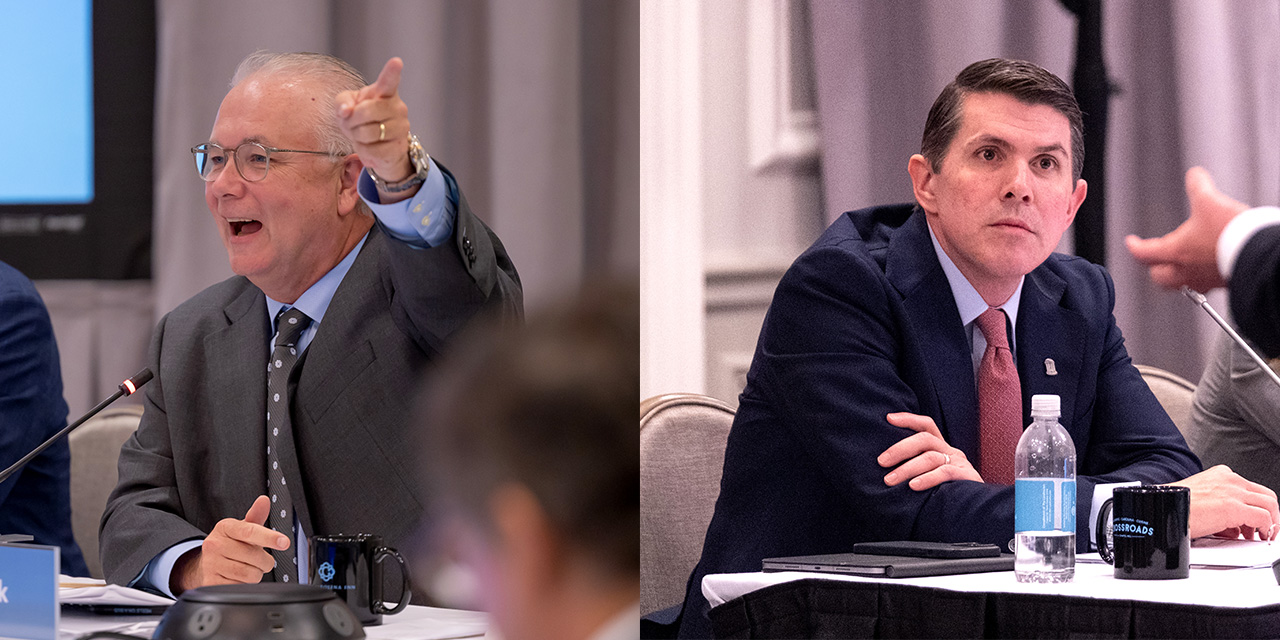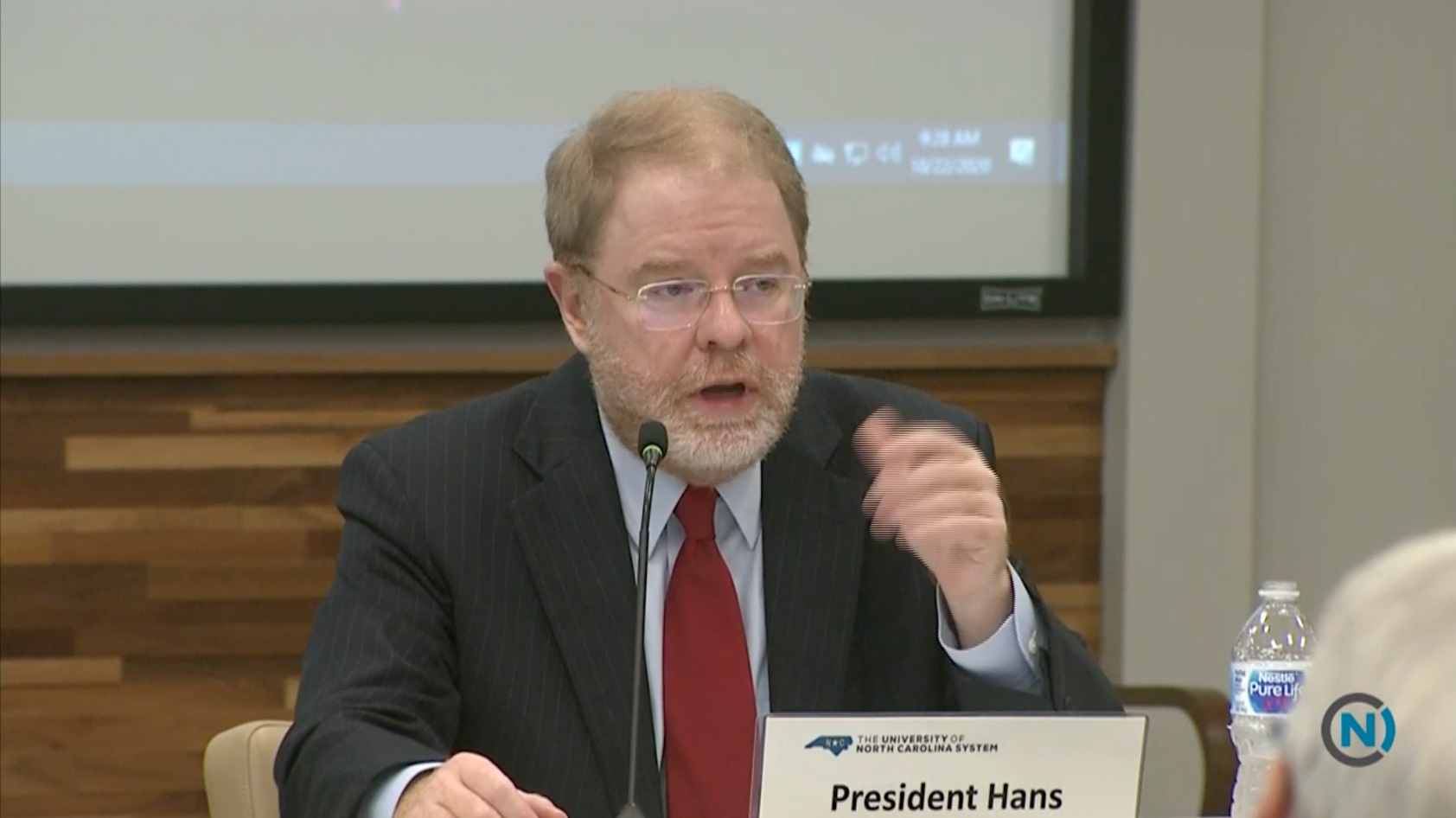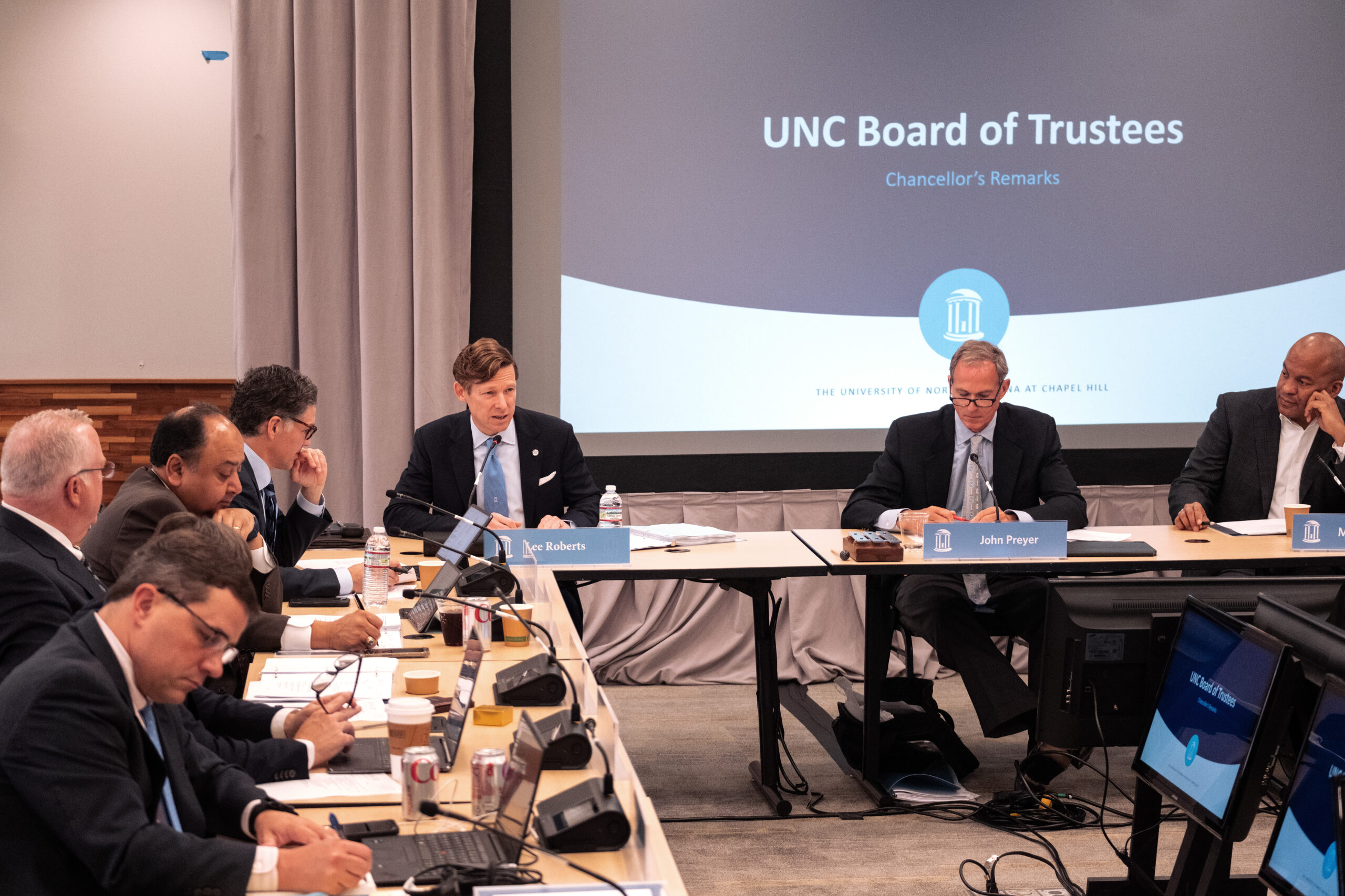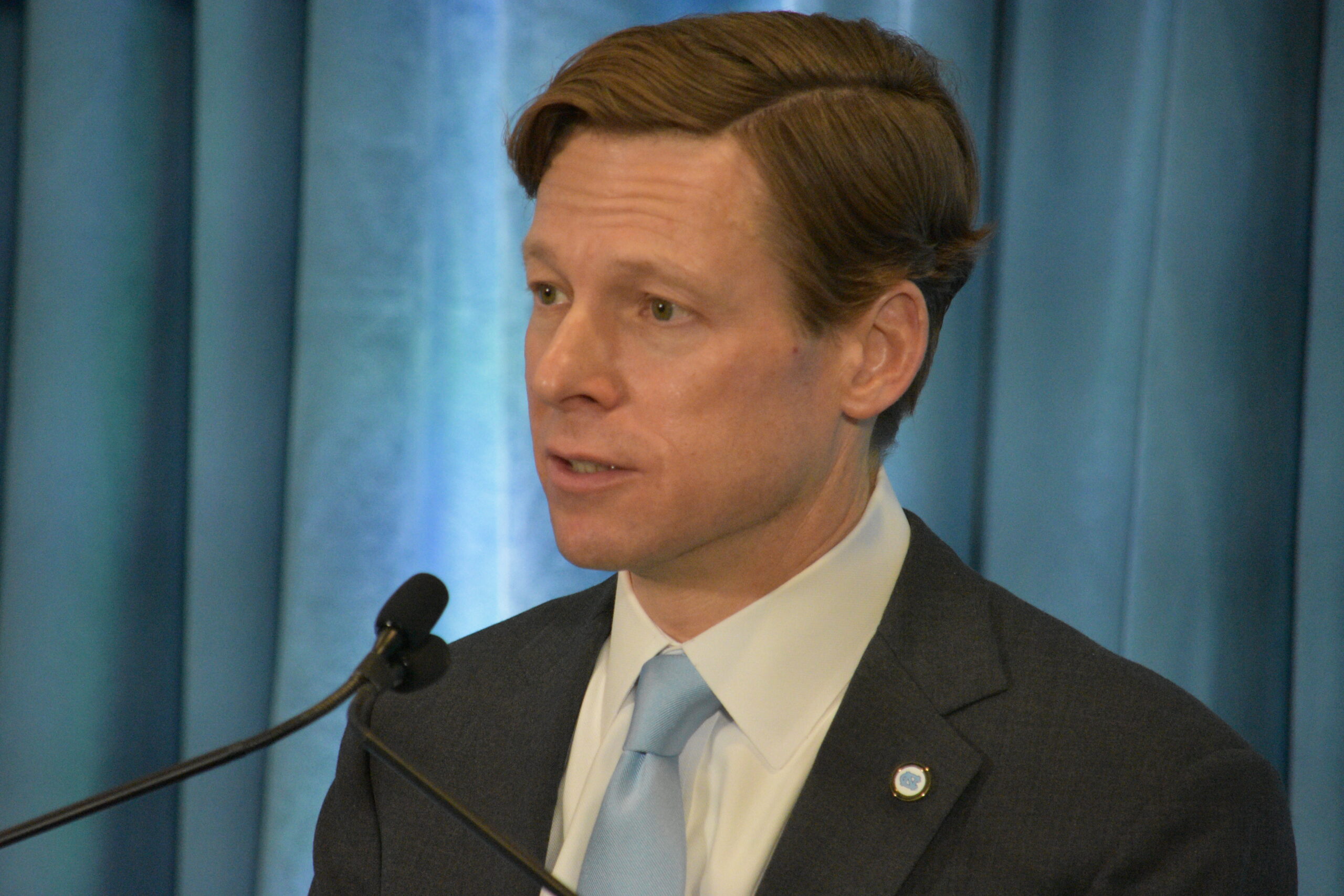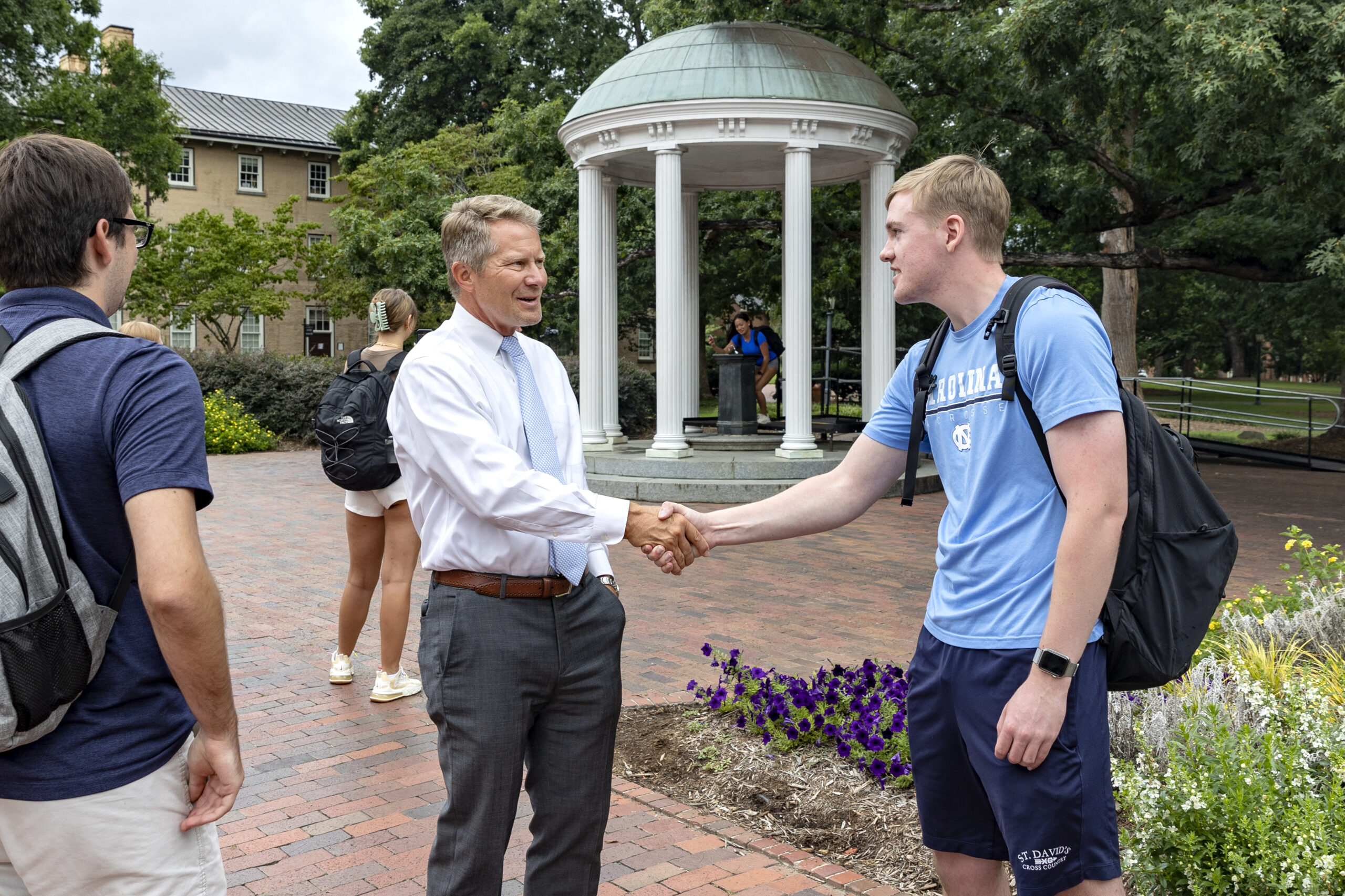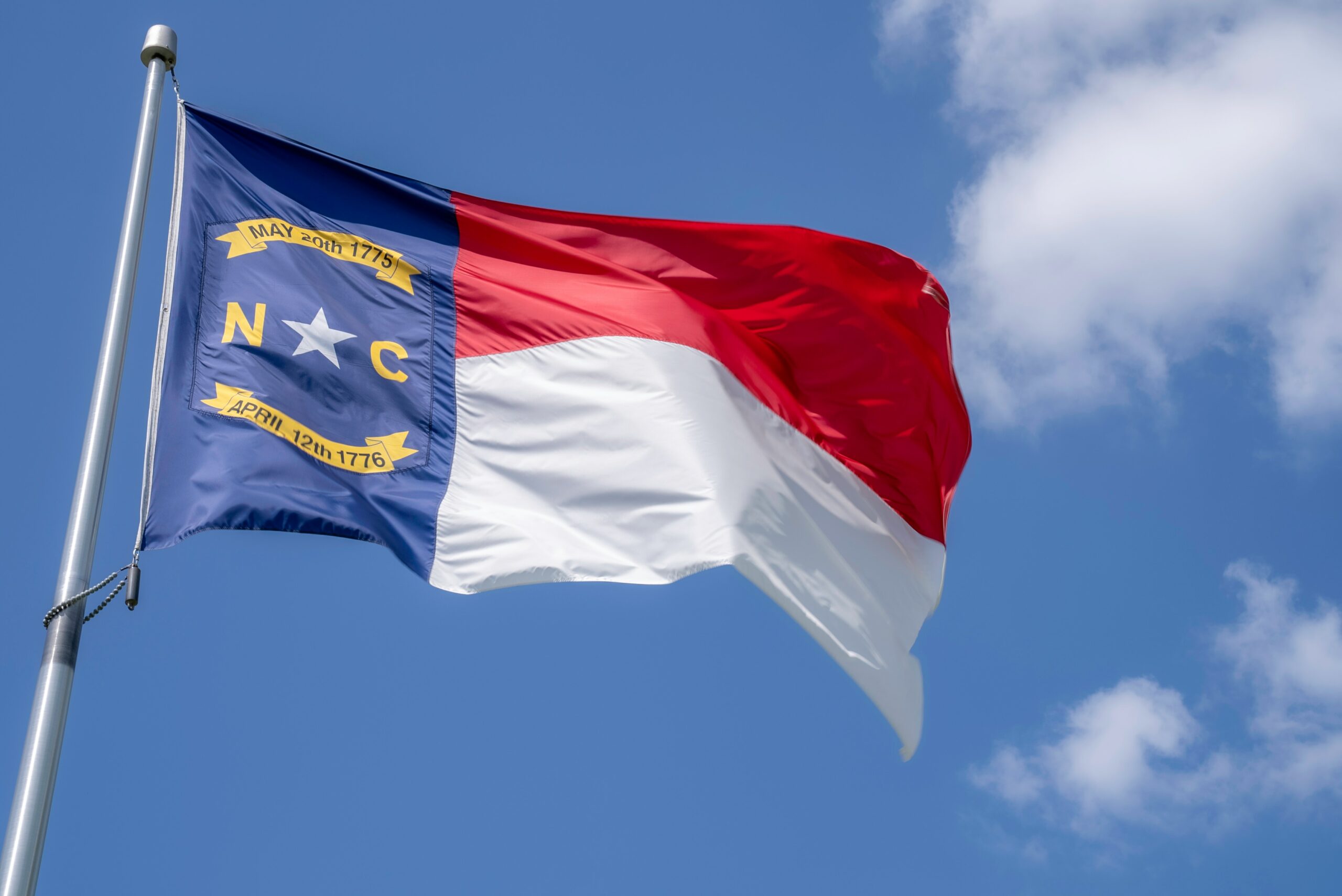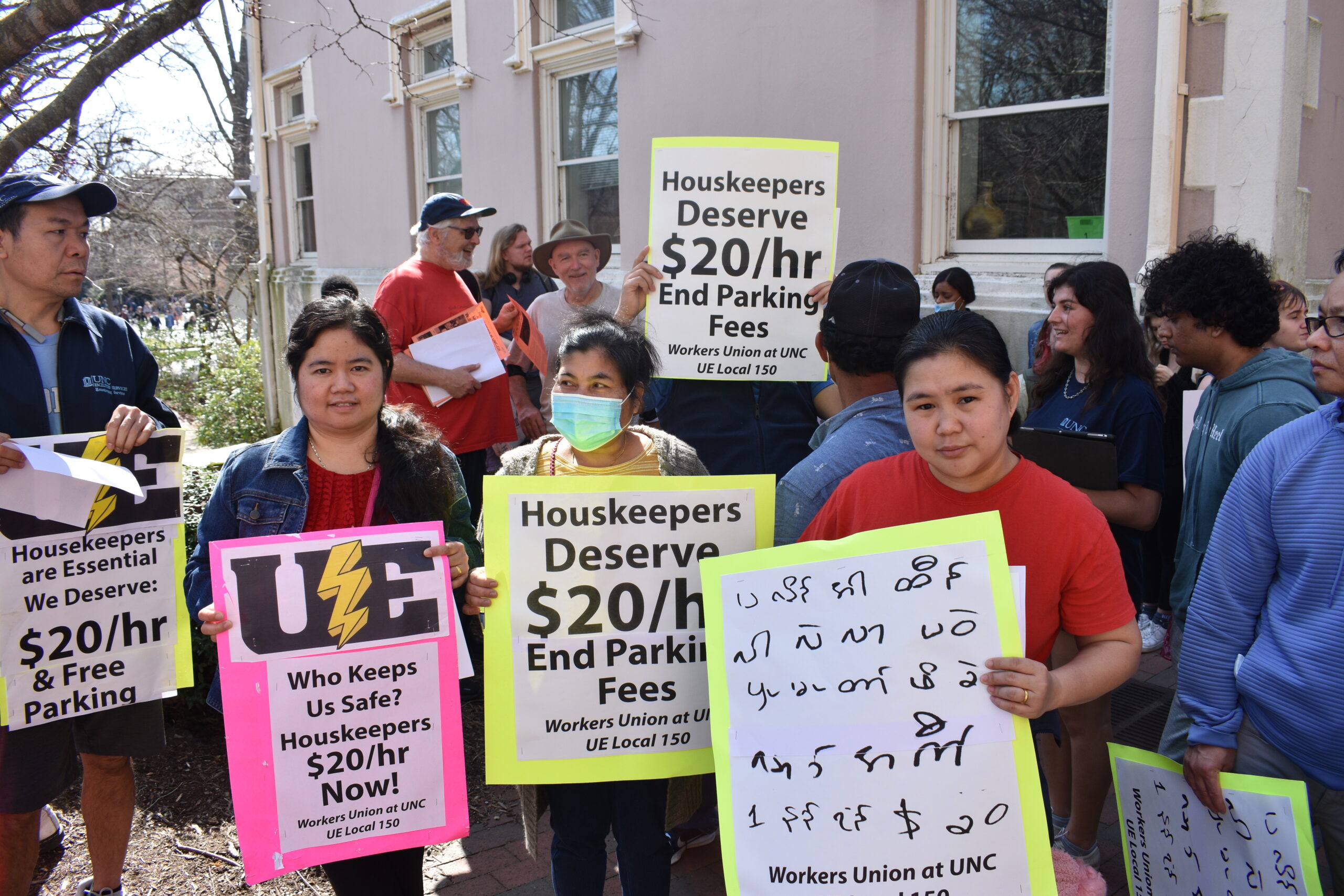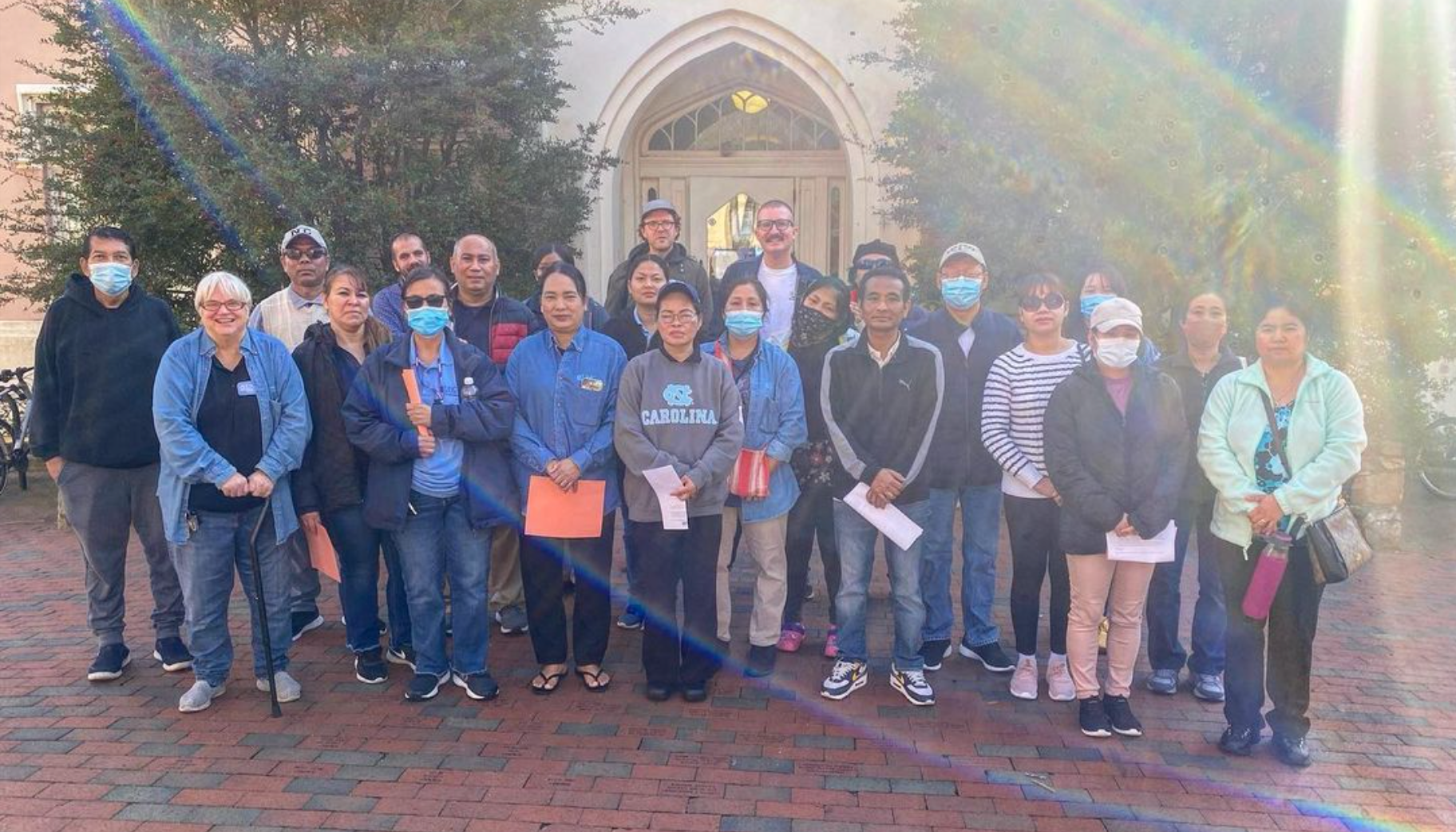For months, a group of UNC housekeeping staff and graduate workers have been lobbying the university for an increase in pay and benefits. After successfully delivering a petition and starting regular meetings with leadership, the workers union now is setting its sight on enacting change with other decision-makers: the UNC System Board of Governors.
On January 18, the UNC branch of UE 150 delivered a list of 10 demands to board, which is a group of North Carolinians chosen by the state General Assembly to run the UNC System. The demands build upon the initial two items UNC housekeepers have called for since September: a raise to a minimum of $20 an hour for the staff and an elimination of parking fees.
Tracy Harter, a 16-year veteran housekeeper for the Chapel Hill campus, is one of the staff members leading the call for change. She said the amount housekeepers must pay to park and get to their jobs each day is simply too high compared to their salaries.
“There isn’t any place that first shift [workers] can park, unless you’re paying for it,” Harter told 97.9 The Hill. “So, it’s like UNC is giving you money in one hand but taking it back – so the raise hasn’t really been a raise, because they’re taking some of it back.”
The height of the COVID-19 pandemic represented a difficult time for UNC housekeepers, according to Harter, as they were tasked with extra disinfection, risk of exposure and long hours to keep the university open. Now, she says things have calmed down in terms of coronavirus-related tasks – but many housekeepers have maintained extra duties because of staffing shortages.
“People are just tired and frustrated,” said Harter, “and the one thing that most everybody feels [toward the university] is: we can’t trust you. You lie to us about everything.”
These feelings were drummed up again this winter. Ahead of the holiday season, and after weeks of protest and discussions by housekeepers, UNC announced it was giving around 400 Building Environmental Services employees a raise. The university added it was reviewing additional options for increasing salaries of Facilities Services employees.
“These increases come after advocacy from our administration and the Board of Trustees, which ultimately brought about changes in state systems to allow this adjustment,” read an email from Chancellor Kevin Guskiewicz, Vice Chancellor for Finance and Operations Nate Knuffman, and Vice Chancellor for Human Resources Becci Menghini.
But UE 150 representatives quickly pointed out that the raise totaled 90 cents more an hour for housekeepers – bringing many of the employees to earning $16.81 per hour and far below their asked amount. Meanwhile, some of the higher-ranking staffers in the department saw more substantial raises, according to the union.
Trey Anthony, a member of the union and a UNC graduate teaching fellow, said the gesture ultimately felt hollow – especially since it was not shared with the housekeepers in their communication with university leadership.
“That had a lot of our housekeepers incensed,” he said. “Because the housekeepers, in addition to all the rest of the members of the union, have been the ones pounding the pavement and putting in the work to get that raise to begin with. And then, money was given to the supervisors.”
“Even as far up as the assistant director,” added Harter, “But we’re out here doing the dirty work.”
Now, the group is seeking to work directly with the UNC System’s Board of Governors. In addition to pay raises and parking benefits, UE 150 demands raising the minimum stipend for graduate workers and providing more comprehensive health care coverage to all UNC System staffers.
A full list of the UE Local 150 Workers Union to the UNC Board of Governors can be found here.
One of the most critical demands for this effort is also its most ambitious: a request to repeal a general statute that bans any contracts between North Carolina governmental units and labor unions.
Anthony said many consider the law to be racist and left over from the Jim Crow era, preventing any sort of negotiation or formal discussions between employer and employees when it comes to the UNC System. He pointed out that housekeepers are only able to “meet and confer” with Chapel Hill’s leadership about pay rates through the petition delivered last fall.
Harter said, from her experience and her colleagues’, it’s lead to reinforcing some doubt that change within the university or UNC System to benefit housekeepers is feasible.
“Sometimes housekeepers just feel like they’re kicking their feet against the wall and they feel hopeless,” she said. “Because they’re like ‘how can we fight something this big? They’re not going to change.’”
Harter said ultimately, the rescinding of that general statute is the most critical long-term issue for the housekeeping staff. As the group makes a push to be recognized by the UNC System, she said that demand represents the larger goals they hold.
“Let me put it like this,” she said. “We’re not going to stop until we get what we want. You might give us just a bite of the pie, but we’re going to go for more than that.
“And honestly,” Harter concluded, “as much as we need the pay to change, the free parking, the benefits for grad workers…on the list, if I had to pick one thing, it would be doing away with the ban on collective bargaining. That would be acceptable to me. Because that opens up the door to get all of what we need.”
In response to a request by Chapelboro, UNC Media Relations provided a statement about the housekeepers’ demands for the UNC Board of Governors.
“Carolina is committed to supporting all of our faculty, staff and students. University leadership recently collaborated with the UNC System office to increase the pay range for more than 400 employees, which went into effect in December. Additionally, over the past year the University has increased the graduate student stipend two times, resulting in the largest single year increase in Carolina history. We continue to work with the System to address these issues. Maintaining our supportive and responsive environment for all faculty, staff and students is a priority for the entire Carolina community.”
Photo via UE 150.
Chapelboro.com does not charge subscription fees, and you can directly support our efforts in local journalism here. Want more of what you see on Chapelboro? Let us bring free local news and community information to you by signing up for our biweekly newsletter.

